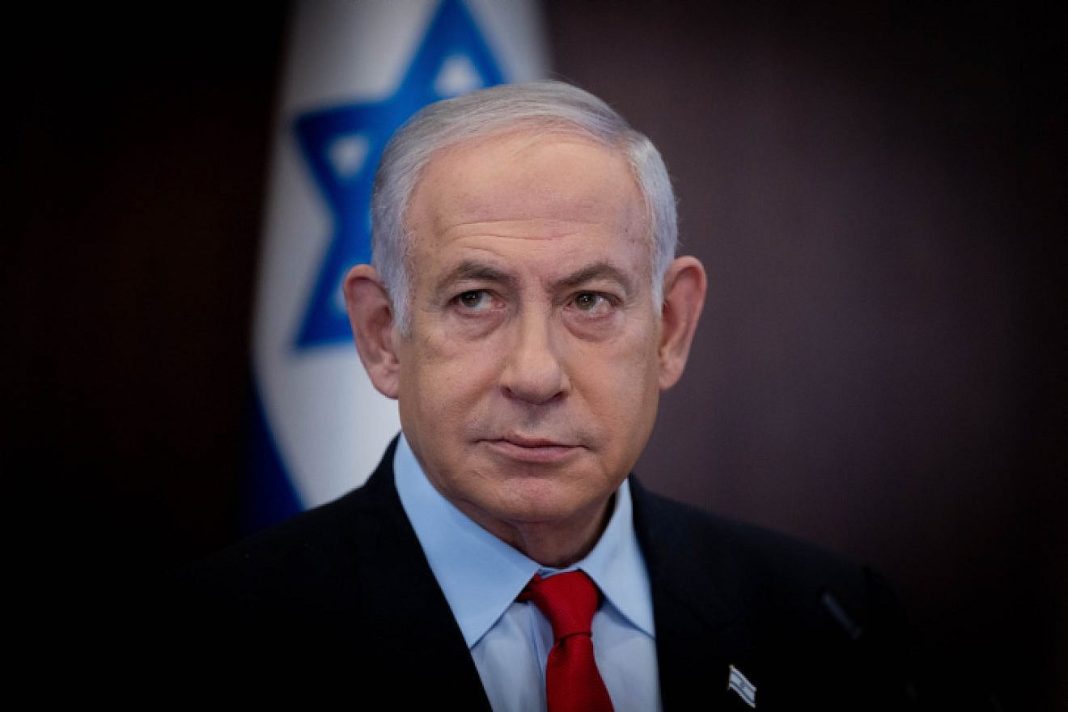TEL AVIV, Israel — Israel launched a large-scale military operation against Iran on Friday, June 13, 2025, targeting nuclear facilities, missile production sites, and senior military officials, in what Prime Minister Benjamin Netanyahu called a “decisive moment” in Israel’s history.
The offensive, dubbed Operation Rising Lion, marked the start of what Netanyahu said would be a sustained campaign to dismantle Iran’s nuclear ambitions.
The Israeli government said the strikes were aimed at preventing Iran from obtaining a nuclear weapon.
The attacks hit multiple locations, including the Natanz uranium enrichment facility — Iran’s most significant nuclear site — and sites linked to the Islamic Revolutionary Guard Corps (IRGC).
Israeli officials said dozens of targets were struck.
Iran confirmed the attacks, with state media reporting explosions at several sites, including the IRGC’s headquarters in Tehran.
The elite force’s top commander, Hossein Salami, was reported killed in the strikes.
Iranian media also said that children were among the casualties in residential areas hit by Israeli missiles.
“Moments ago, Israel launched Operation Rising Lion, a targeted military operation to roll back the Iranian threat to Israel’s very survival,” Netanyahu said in a recorded address.
“This operation will continue for as many days as it takes to remove this threat.”
Israeli Defence Minister Israel Katz warned that a retaliatory strike by Iran involving missiles and drones was imminent.
“Following the pre-emptive strike by the State of Israel against Iran, a missile and UAV (drone) attack against the State of Israel and its civilian population is expected in the immediate time frame,” Katz said.
Israel declared a state of emergency, closing Tel Aviv’s Ben Gurion Airport and placing air defence systems on high alert.
Chief of Staff Lt. Gen. Eyal Zamir said tens of thousands of reservists had been called up and were “prepared across all borders”.
“We are amidst a historic campaign unlike any other,” Zamir said.
“This is a critical operation to prevent an existential threat, by an enemy who is intent on destroying us.”
Iran’s Supreme Leader Ayatollah Ali Khamenei issued a stern warning in response to the attack.
“Israel has unleashed its wicked and bloody hand in a crime against Iran,” Khamenei said in a statement.
“It will receive a bitter fate for itself.”
Iran’s armed forces accused the United States of complicity and warned both Washington and Tel Aviv would “pay a heavy price”.
However, U.S. officials insisted the United States had no role in the Israeli operation.
U.S. President Donald Trump, speaking to Fox News, said: “We will see,” when asked about potential fallout, reiterating that Iran must not obtain a nuclear weapon.
He confirmed a meeting of the National Security Council would convene Friday morning.
“We are not involved in strikes against Iran and our top priority is protecting American forces in the region,” said Secretary of State Marco Rubio in a statement.
“Let me be clear: Iran should not target U.S. interests or personnel.”
The U.S. military is reportedly preparing contingency plans, including the possible evacuation of American civilians in the region.
The State Department has instructed all U.S. government employees and their families in Israel to shelter in place until further notice.
The attacks triggered immediate geopolitical and economic reactions.
Oil prices spiked in global markets, while investors flocked to safe havens such as gold and the Swiss franc. U.S. stock futures dropped sharply during Asian trading hours.
U.N. Secretary-General António Guterres, through his spokesman Farhan Haq, condemned the escalation.
“The Secretary-General asks both sides to show maximum restraint, avoiding at all costs a descent into deeper conflict, a situation that the region can hardly afford,” Haq said.
The Israeli military said it acted on new intelligence showing Iran was approaching “the point of no return” in developing a nuclear weapon.
“In recent months, this programme has accelerated significantly,” the Israel Defence Forces said in a statement, though no evidence was publicly disclosed.
However, a U.S. intelligence source told Reuters there had been no recent change in the American assessment that Iran is not currently building a nuclear weapon.
The same source noted that Supreme Leader Khamenei had not authorised the revival of the nuclear weapons programme suspended in 2003.
Two prominent Iranian nuclear scientists, Fereydoun Abbasi and Mohammad Mehdi Tehranchi, were reported killed in Friday’s attacks in Tehran, according to Iranian state media.
Despite the escalating hostilities, U.S. and Iranian diplomats are still expected to proceed with a previously scheduled round of nuclear talks in Oman on Sunday, June 15, 2025.
Alongside air strikes, Israel’s Mossad intelligence agency reportedly conducted sabotage missions inside Iran, targeting missile infrastructure and air defence systems, according to Axios, citing a senior Israeli official.
Israeli Foreign Minister Gideon Saar was engaged in a flurry of diplomatic calls with foreign counterparts, as the government sought international support for what it described as a pre-emptive act of self-defence.
The coming days are expected to test the limits of diplomatic pressure and regional restraint as the world watches whether the fallout leads to a broader regional war or a renewed effort to curb nuclear proliferation through negotiation.







![Honouring a Rare Soul: Celebrating the Life of AVM Terry Omatsola Okorodudu [MUST READ] Air Vice Marshal Terry Omatsola Okorodudu](https://www.thetrentonline.com/wp-content/uploads/2026/01/Joan-and-Bidemi-Okorodudu-The-Trent-100x70.jpg)